Another trio of short reviews from my Instagram.
Serge Joncour, Wild Dog (2018)
Translated from the French by Jane Aitken and Polly Mackintosh (2020)
In 1914, a German lion-tamer takes refuge in a house above the French mountain village of Orcières as World War I begins. The villagers are fearful of his lions and tigers, whose roars fill the night – and then sheep start to go missing.
A century later, Lise and Franck rent that same house. She wants to cut herself off from the modern world. He’s a film producer who can’t bear to be disconnected. Franck is far out of his comfort zone here, but he strikes up something of a friendship with a wild dog – and then he starts to act differently.
The relationship between humans and the natural world runs through this novel. In both plot strands, characters are challenged and changed by their encounters with wild animals. There’s the implication that a darker, more savage side of human lies just out of sight, capable of resurfacing in the right circumstances. The tension rises constantly in this quietly menacing book.
Published by Gallic Books.
Duanwad Pimwana, Arid Dreams
Translated from the Thai by Mui Poopoksakul (2019)
For me, Arid Dreams is a set of sharp character studies. One of my favourite stories is ‘The Attendant’, in which an elevator attendant compares his old life in the country with his current, largely static, existence. He feels that his current job has reduced him to little more than a head and an arm. The physicality really comes across in this story, the attendant’s frustration at having to stay still for so long.
In ‘Sandals’, a couple of children are being taken away from home by their parents to help with a job harvesting sugarcane. They don’t want to go, and what they’re willing to do makes this one of the most poignant stories in the collection.
The narrator of ‘Kanda’s Eyebrows’ doesn’t like his wife’s looks, but there’s a sense that he is projecting his own insecurities about himself on to her. ‘Within These Walls’ seems a woman look around her bedroom while her husband is in hospital and wonder why the walls couldn’t be her preferred colour. This leads her to start thinking about other ways in which life might be different.
Some of Pimwana’s characters reflect on their situations, while others have very little self-awareness. Time and again, I found them fascinating to read about.
Published by Tilted Axis Press.
Yaniv Iczkovits, The Slaughterman’s Daughter (2015)
Translated from the Hebrew by Orr Scharf (2020)
In the Russian Empire towards the end of the 19th century, Fanny Keismann heads for Minsk in search of her brother-in-law, who left his family some months earlier. She is joined by Zizek Breshov, once a Jewish boy who was conscripted into the imperial army, now a silent boatman who lives apart from his old community.
Fanny is the daughter of a ritual slaughterman, who knows how to handle a knife. When she and Zizek are attacked on the road, Fanny defends herself – and the resulting deaths draw the attention of Colonel Piotr Novak of the secret police.
So begins a grand historical adventure, which winds together a number of stories (not just Fanny’s journey, but the histories of her and other characters as well) into a highly enjoyable tapestry. More than one character will find their preconceptions challenged along the way.
Published by MacLehose Press.
Like this:
Like Loading...
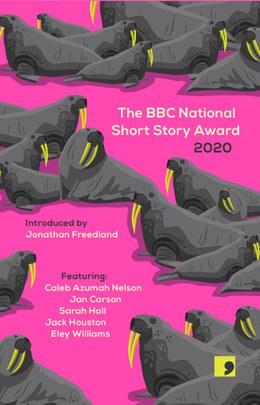
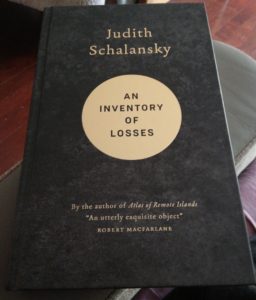
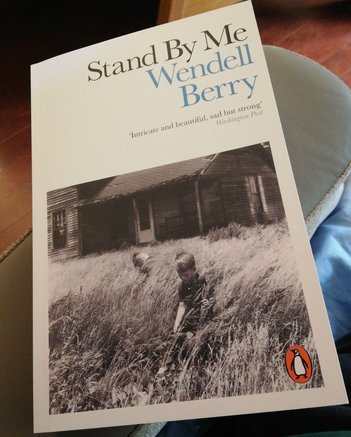
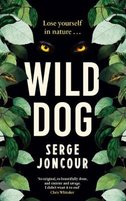
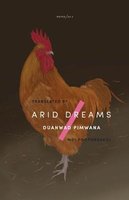
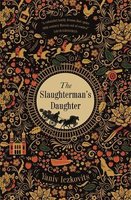
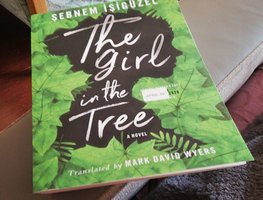
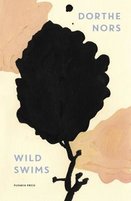
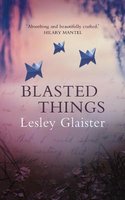
Recent Comments